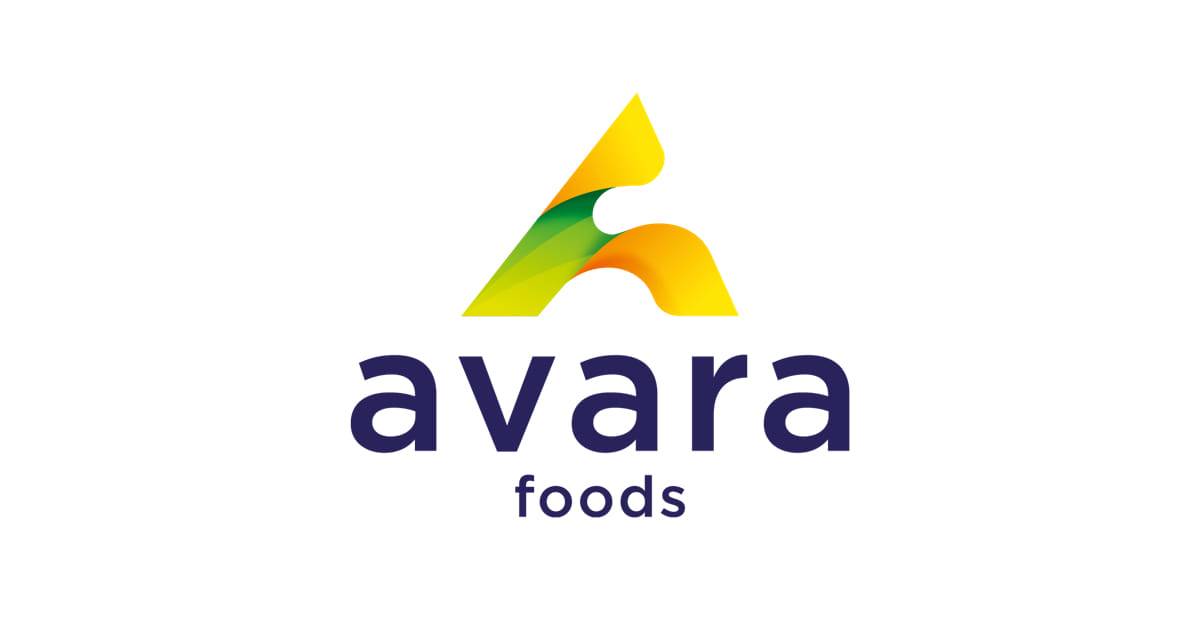Avara Foods Faces Massive Legal Battle Over River Wye Pollution
A significant legal battle looms over Avara Foods, a major poultry supplier to UK supermarkets, as Leigh Day, a prominent claimant firm, launches a class action lawsuit. The lawsuit alleges that Avara Foods has been responsible for substantial pollution in the River Wye and its surrounding regions spanning Herefordshire, Powys, and Monmouthshire. This development has sparked concerns about environmental degradation and its impact on local communities.
Allegations of Pollution and Environmental Damage
The heart of the matter lies in the claim that Avara Foods’ operations, characterized by large-scale poultry farming, have led to the generation of excessive phosphorous-rich manure. This waste, seeping into the soil and eventually finding its way into the River Wye, has significantly elevated phosphorous levels in the water. Consequently, the river ecosystem has been adversely affected, with visible signs such as algae growth, foul odors, increased insect populations, loss of biodiversity, and a decline in water quality.
Wide-ranging Impact and Stakeholders Involved
The ramifications of this pollution extend beyond mere environmental concerns. The class action lawsuit represents a broad spectrum of stakeholders, potentially including tens of thousands of individuals. These may encompass not only environmental activists but also recreational users of the river such as swimmers, canoeists, and walkers, as well as businesses reliant on tourism and leisure activities in the affected areas. The sheer scale of the operation and its impact on various facets of community life underscore the gravity of the situation.
Avara Foods’ Response and Legal Standoff
In response to the lawsuit, Avara Foods has vehemently denied any wrongdoing, dismissing the claims as baseless and opportunistic. The company asserts that the allegations lack substantive evidence and fail to consider broader agricultural practices, including the use of phosphate-rich fertilizers by arable farms. Despite the confidence in their position, Avara Foods remains prepared to defend against the legal action and seeks to recover any incurred costs from Leigh Day.
Legal and Environmental Implications
The legal battle between Avara Foods and Leigh Day reflects broader concerns about corporate accountability for environmental damage. As communities increasingly push back against industrial practices that compromise natural ecosystems, the outcomes of such lawsuits could set important precedents for future environmental litigation. Moreover, this case underscores the need for greater scrutiny and regulation of industrial activities that impact water bodies, especially in light of the alarming findings regarding the health of rivers across England.
Calls for Accountability and Environmental Restoration
Environmental advocates and community leaders have rallied behind Leigh Day’s legal action, emphasizing the importance of holding polluters accountable for the damage they cause. River Action, a prominent clean river campaign group, has voiced support for the lawsuit, highlighting the need for those responsible for environmental harm to bear the costs of remediation. This collective call for accountability underscores the broader imperative of restoring and preserving natural ecosystems for future generations.
Amidst Larger Industry Challenges
The legal battle over River Wye pollution comes at a time when the UK water industry grapples with a host of challenges. Persistent operational issues plague domestic water providers, exacerbating financial strains and raising concerns about service quality. Furthermore, the recent findings indicating the poor health of rivers across England serve as a stark reminder of the urgent need for comprehensive environmental stewardship. In this context, the lawsuit against Avara Foods represents a pivotal moment in the ongoing struggle to balance industrial development with environmental sustainability.
In conclusion, the class action lawsuit against Avara Foods signifies a critical juncture in the fight against environmental degradation caused by industrial activities. As legal proceedings unfold, the case holds the potential to reshape corporate responsibility norms and advance efforts to safeguard our natural environment. It is a reminder of the collective responsibility to protect and preserve our ecosystems for the well-being of present and future generations.
Related: Cargill’s CEO “Farmer Bankruptcies Concerning”
Cargill’s Brazil CEO warns of rising farmer bankruptcies, posing risks to global food supply and Brazil’s agribusiness sector.


